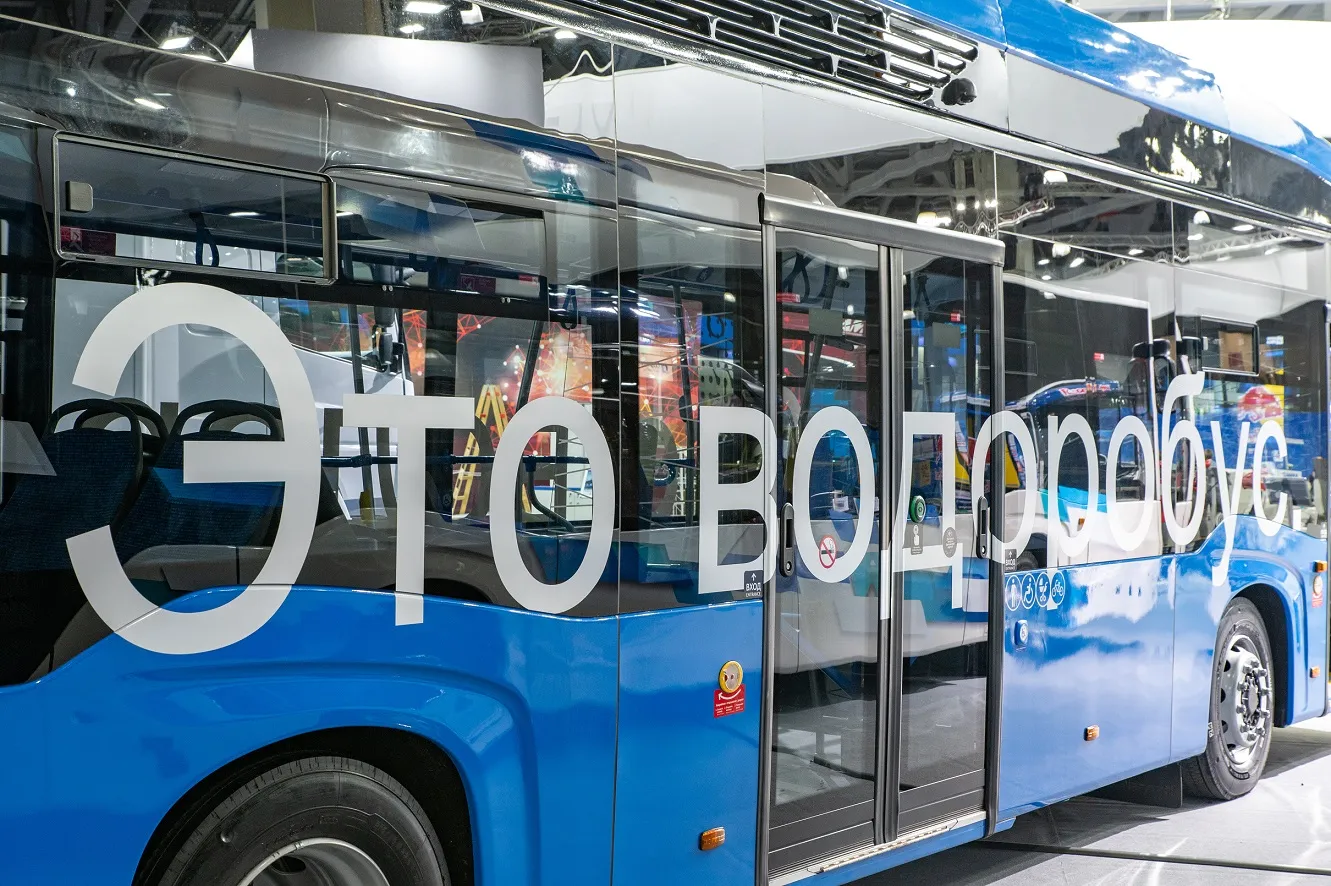Smart makes small vehicles designed for urban driving and the new joint venture will assemble the next generation of Smart products at a factory in China. International sales are due to begin in 2022.
Dieter Zetsche, chairman of the Daimler board, says: “Separately, Mercedes-Benz will produce a compact electric vehicle [EV] at the Hambach plant, sustaining employment with further investment in the facility.”
Mercedes is investing €500 million at the French location, where the compact EV will be produced under the EQ brand.
In the run-up to 2022, Daimler will continue producing vehicles such as the Smart EQ Fortwo at the Hambach plant, as well as using its Novo Metso facility in Slovenia to produce the smart EQ Forfour.
Daimler and Geely to develop Smart’s electric cars
Daimler, owner of Mercedes-Benz, has partnered with Chinese automotive group Zhejiang Geely Holding Group to develop Smart’s electric cars.
Smart makes small vehicles designed for urban driving and the new joint venture will assemble the next generation of Smart products at a factory in China. International sales are due to begin in 2022.
Dieter Zetsche, chairman of the Daimler board, says: “Separately, Mercedes-Benz will produce a compact electric vehicle [EV] at the Hambach plant, sustaining employ
April 9, 2019
Read time: 1 min









